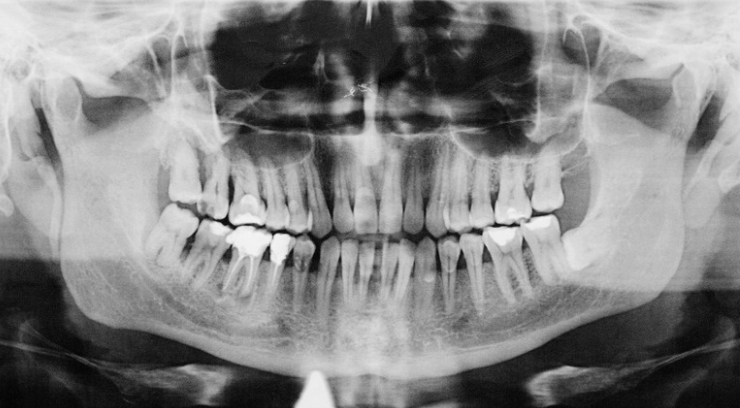The Importance Of Dental X-Rays
Dental x-rays play an important role in general dentistry. They can help dentists to detect and treat ailments. Today, it is commonplace to take a radiograph as well as a radiograph at dental examinations.
But, there are some who are worried regarding their overall health and feel radiation from x-rays is detrimental to their overall health. In this post, we will go over dental x-rays(adult teeth x-ray) more in-depth to assist you in making an informed decision.
What’s The Point Of X-Rays?
The principal purpose behind radiographs or dental X-rays is to identify dental issues. Dental professionals use the information from x-rays in order to detect signs of infection, often before they are evident. This allows them to treat the condition at an early stage before they get more severe and require more extensive treatment.
The x-rays offer images of areas of your mouth that your dentist isn’t able to discern, resulting in a clear image that shows your soft tissue distinctions. Dentists can identify or “uncover” dental decay, gum disease as well as other dental problems in a timely manner using the images.
The dentist will not notice potential problems with your teeth in the event that he performs the examination using only his eyes. There are studies that show there’s an 80% possibility of developing cavities if your dentist is only conducting visual exams. Also, X-rays examine the jaw, roots, and various other structures of the mouth.
Who Is Eligible For Radiographs?
If you’re going to your dentist for the first time, it’s essential that he perform an x-ray examination to obtain an accurate picture of your oral health. They may ask for the previous set of images to compare. This is particularly important in the event that you have a history of gum disease or tooth decay.
However, it’s important to note that there are a variety of variables that can influence the frequency at which you have x-rays. The factors that can affect this include:
- Your general and oral health
- Age
- Signs of oral illness
- The history behind dental cavities as well as gum diseases
Children are more susceptible to developing cavities than adults. So, they should undergo more tests to lower the chance of developing dental cavities.
The x-ray of baby teeth can inform dentists when it’s essential to extract a few baby teeth to prevent problems, such as permanent teeth developing behind the baby teeth.
Do Dental X-Rays Pose Any Risques?
Although there are some sources of radiation, the degree to that is exposed to radiation can be considered to be safe for children and adults alike. Research has shown that radiographs utilized in dentistry are only 2.5 percent of the radiographic images used in various medical disciplines (ADA studies). Furthermore, the exposure of you is reduced when a dentist makes an x-ray of yourself than when she utilizes the x-ray to create images on film.
It’s also important to know that dentists receive training in handling x-rays and that your organs are protected from excessive exposure. You don’t have to be concerned regarding radiation exposure from dental x-rays.
However, you should stay clear of dental x-rays when you are expecting. Radioactive radiation is not recommended for a growing fetus. Inform your dentist what you are expecting during the examination to ensure that he does not perform the x-rays on you.
Radiograph Preparation
You don’t require any special preparations to receive an x-ray of your teeth. All you have to do is clean and floss your teeth prior to leaving for the dentist. This way, you can create a clean dental environment since the x-rays will be taken prior to dental cleaning by a professional.
How Often Should One Get X-Rays?
Your dentist can advise you on the frequency at which you should get x-rays according to the health of your mouth. Please follow the advice of your dentist. One x-ray check can prevent potential severe dental conditions.
After X-Rays
In the course of the x-ray, your dentist will walk the patient through every step. He will instruct you to remain still while he takes the photos. When the photos are finished the dentist will examine them and look for irregularities. It is likely that you will first receive the dental cleaning and discuss the findings of the x-rays later.
If the photos reveal any issues like decay, your dentist will review possible treatment options with you. If there’s no issue identified the dentist will offer you some tips for oral health to maintain your oral health.
